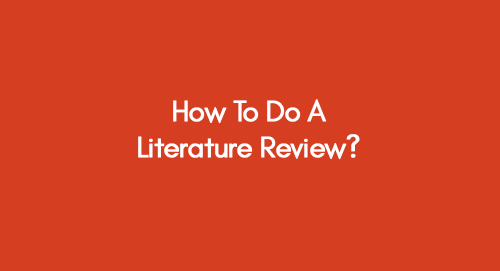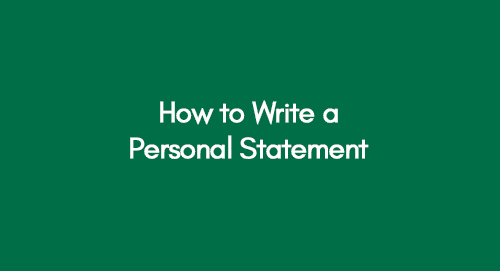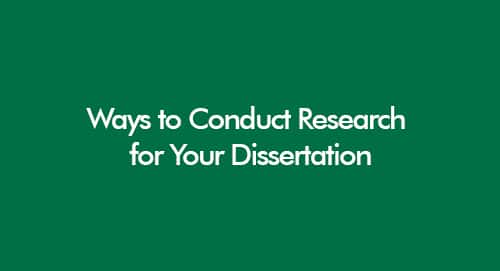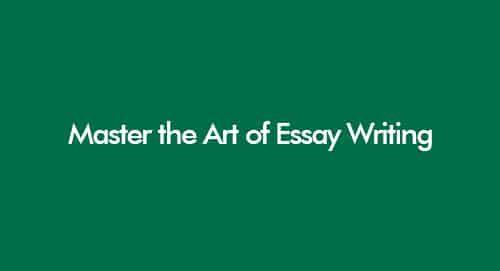
How to do a Literature Review? Best Tips on Writing a Literature Review
October 18, 2022
How to Write a PhD Proposal? From Proposal to Funding
October 20, 2022Personal statements can seem like a daunting task, but it's important to remember that they're your opportunity to present who you are and why you're suited to your chosen course. The key to a powerful personal statement is to be honest and give a genuine account of your experiences and motivations. This blog includes everything you need to know about how to write a personal statement.
Find Our Amazing Dissertation Topics Here
Learn Quality Examples of Dissertations Here
It's also important to be concise - admissions tutors will often only have a few minutes to read each statement, so you must ensure that yours packs a punch. Ultimately, the best way to approach writing your personal statement is to be yourself and write about what you're passionate about. If you can do that, you're well on your way to creating a solid personal statement that will help you secure your place on your dream course.
Structure of a Personal Statement
1. Introduce Yourself
In the first sentence, you should introduce yourself and briefly overview your background. For example, you could say something like, "My name is John Smith, and I am a recent graduate of XYZ University.”
2. Explain Your Motivation
In the second paragraph, you should address your motivation for applying to the program.
- What are your goals?
- What do you hope to gain from the program?
- Why do you think you would be a good fit?
3. Discuss Your Experience
In the third paragraph, you should discuss your relevant experience.
- What relevant courses have you taken?
- What relevant work experience do you have?
- What skills have you developed that would be applicable to the program?
4. Highlight Your Strengths
In the fourth paragraph, you should highlight your strengths and how they would benefit you in the program.
- Are you particularly good at research?
- Do you have strong writing skills?
- Are you proficient in a foreign language?
5. Conclusion
In the fifth and final paragraph, you should briefly summarize your goals and why you think you would be an excellent fit for the program. You may also want to mention how the program would benefit from having someone with your skills and experience.
Different Writing Styles for Writing a Personal Statement
1. The "Why Us" Statement
The "Why Us" statement is the most common type of personal statement. You share your opinions with the admissions committee about why you are interested in attending the school. This type of statement can be particularly effective if the applicant has a connection to the school, such as having attended the school previously or having relatives who attended the school.
2. The "What You Bring" Statement
The "What You Bring" statement is another common type of personal statement. The applicant intrigues the admissions committee about what they can bring to the school. This can include their academic achievements, extracurricular activities, and any other skills or experience that would benefit the school.
3. The "Overcoming Obstacles" Statement
The "Overcoming Obstacles" statement is a less common but still effective type of personal statement. In this type of statement, the applicant tells the admissions committee about a time when they overcame an obstacle. This could be anything from overcoming a challenging personal situation to overcoming a learning disability. This type is particularly effective in demonstrating resilience and perseverance.
4. The "Creative" Statement
The "Creative" statement is a less common but still effective type of personal statement. The applicant uses a more creative approach to telling their story in this type of statement. This could include writing a poem, creating a piece of art, or even making a video. This type of statement can be particularly effective in demonstrating creativity and originality.
5. The "Unusual Experience" Statement
The "Unusual Experience" statement is a less common but still effective type of personal statement. In this type, you tell the admissions committee about an unusual experience that they have had. This could be anything from travelling to a different country to working in a unique job or industry. This type of statement can effectively demonstrate diversity and experience outside the classroom.
Tips to keep in mind while writing a personal statement
1. Start with an Engaging Introduction
When writing a personal statement, you want to grab the reader's attention from the very beginning and hold onto it until it's finished. One way to do this is to start with a powerful quote or an interesting story
2. Keep it Concise
Personal statements are typically only one to two pages, so you want to ensure that you are concise in your writing. It means that you should avoid including any unnecessary information or going off on tangents. Stick to the point and be clear and concise in your writing.
3. Be Honest
It is important to be honest in your personal statement. Do not try to exaggerate your accomplishments or downplay your weaknesses. The admissions committee will be able to see through any false claims, so it is best just to be honest from the start.
4. Highlight Your Strengths
While you should not try to hide your weaknesses, you should highlight your strengths in your personal statement. This is your opportunity to showcase what makes you unique and why you would be a good fit for the school or program.
5. Use Concrete Examples
When describing your experiences and accomplishments, be sure to use concrete examples. This will help bring your experiences to life for the reader and give them a better understanding of who you are.
6. Write in the First Person
Your personal statement would be effective if it's written in the first-person point of view. This means using "I" statements throughout the essay. The first-person point of view will also help make your writing more personal and relatable.
7. Avoid Clichés
You want to avoid using any clichés in your personal statement. Clichés are overused phrases that are often seen as trite or hackneyed. Some examples of typical clichés include "time heals all wounds" and "you can't judge a book by its cover." By avoiding clichés, you can ensure that your personal statement is original and fresh.
Explore Our Amazing Essay Writing Services Here
Learn About How State of the Art Services on Coursework Writing
Conclusion
Writing a compelling personal statement requires careful thought, preparation, and a clear understanding of its purpose. By following aforementioned key steps, you can create a powerful and authentic personal statement that showcases your unique qualities and experiences.
Contact Premier Dissertations to help craft the perfect personal statement for your Master's admission.
Get 3+ Free Dissertation Topics within 24 hours?



























